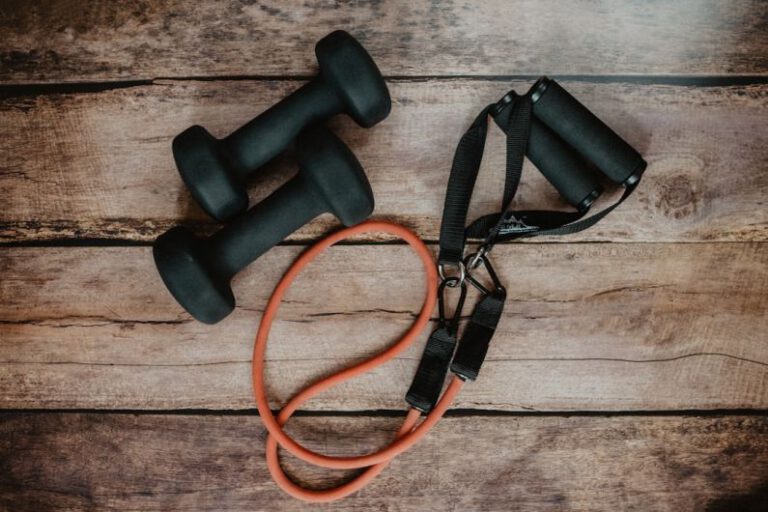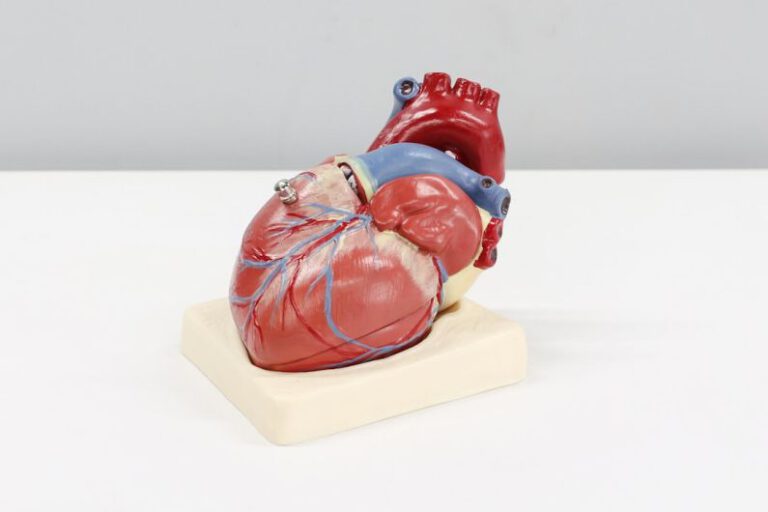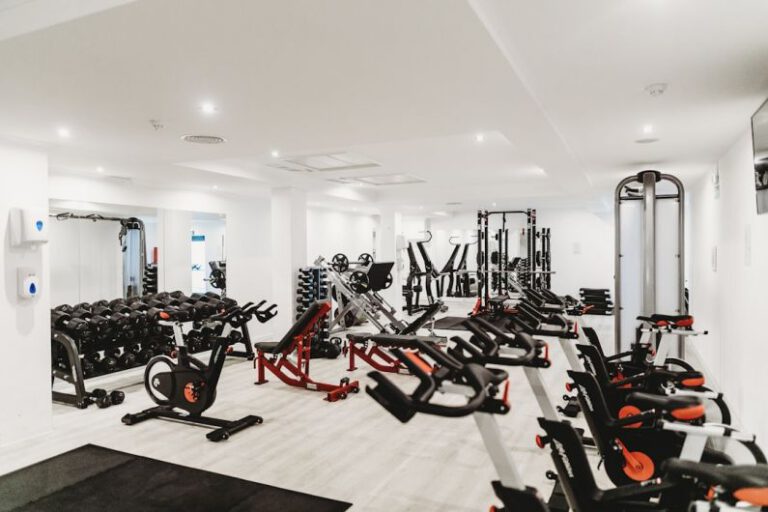Basic Nutrition Tips for Fitness Newcomers
Embarking on a fitness journey can be both exciting and overwhelming, especially for newcomers. While exercise plays a crucial role in achieving your fitness goals, nutrition is equally important. Proper nutrition fuels your body, aids in recovery, and enhances overall performance. If you are new to the world of fitness and looking to optimize your nutrition, here are some basic tips to help you get started.
Understanding Macronutrients
Macronutrients are the essential components of your diet that provide energy and support various bodily functions. Proteins, carbohydrates, and fats are the three primary macronutrients that you need to include in your diet. Proteins are essential for muscle repair and growth, carbohydrates provide energy for your workouts, and fats support hormone production and joint health. Balancing these macronutrients in your meals is key to supporting your fitness goals.
Prioritize Whole Foods
When it comes to nutrition, focusing on whole, unprocessed foods is crucial. Whole foods such as fruits, vegetables, lean proteins, whole grains, and healthy fats provide a wide range of essential nutrients that support your overall health and fitness. Avoiding processed foods that are high in added sugars, unhealthy fats, and artificial ingredients will not only benefit your physical health but also improve your energy levels and overall well-being.
Stay Hydrated
Hydration is often overlooked but plays a significant role in your fitness journey. Water is essential for regulating body temperature, transporting nutrients, and aiding in digestion. Dehydration can lead to decreased performance, fatigue, and muscle cramps. Make sure to drink an adequate amount of water throughout the day, especially before, during, and after your workouts. If you engage in intense physical activity, consider replenishing electrolytes with sports drinks or coconut water.
Pre- and Post-Workout Nutrition
Fueling your body properly before and after your workouts is essential for optimizing performance and recovery. Before your workout, aim to consume a balanced meal that includes a combination of carbohydrates and proteins to provide energy and support muscle repair. After your workout, focus on replenishing glycogen stores and promoting muscle recovery by consuming a meal or snack that includes carbohydrates and proteins. This will help your body recover faster and prepare you for your next workout.
Listen to Your Body
Every individual is different, and what works for one person may not work for another. It’s essential to listen to your body and pay attention to how different foods make you feel. Keep a food journal to track your meals, energy levels, and performance in the gym. This will help you identify patterns and make adjustments to your diet as needed. If you experience digestive issues, fatigue, or other symptoms, consider consulting a registered dietitian to help you tailor your nutrition plan to meet your specific needs.
Plan Ahead
Planning your meals in advance can help you stay on track with your nutrition goals, especially when life gets busy. Take the time to meal prep for the week, create a grocery list, and have healthy snacks readily available. By having nutritious options on hand, you’ll be less likely to reach for convenience foods that may not align with your fitness goals. Planning ahead can also help you make better choices when dining out or attending social events.
Make Small Changes
Changing your nutrition habits overnight can be overwhelming and unsustainable. Instead of trying to overhaul your entire diet at once, focus on making small, gradual changes. Start by incorporating more fruits and vegetables into your meals, swapping out sugary drinks for water, or choosing whole grains over refined grains. These small changes can add up over time and lead to lasting improvements in your overall health and fitness.
Incorporate Supplements Wisely
While supplements can be beneficial in certain situations, they should not replace a balanced diet. If you struggle to meet your nutrient needs through food alone, consider incorporating supplements such as protein powders, omega-3 fatty acids, or vitamin D. However, it’s essential to consult with a healthcare professional before adding any supplements to your regimen to ensure they are safe and appropriate for you.
Stay Consistent
Consistency is key when it comes to nutrition and fitness. Building healthy habits takes time, so be patient with yourself and stay committed to your goals. Remember that progress is not always linear, and there will be ups and downs along the way. By staying consistent with your nutrition and fitness routine, you’ll be able to make sustainable changes that support your long-term health and well-being.
Embracing a healthy lifestyle is a journey that requires dedication, patience, and a willingness to learn. By focusing on basic nutrition tips for fitness newcomers, you can lay a solid foundation for your fitness journey and set yourself up for success. Remember to prioritize whole foods, stay hydrated, fuel your body before and after workouts, listen to your body, plan ahead, make small changes, incorporate supplements wisely, and above all, stay consistent. With these tips in mind, you’ll be well on your way to achieving your fitness goals and leading a healthy, balanced life.






